What Does a Dog Do During Dog Training Courses?
Have you ever wondered what exactly your dog is up to during those weekly dog training courses? When you drop Spot off at his basic obedience or fun agility class, you may picture him frolicking with other pups and learning fun tricks. But there's a lot more that goes on behind the scenes to turn regular pets into well-behaved companions.
Learning the Basics
In the first few dog training course sessions, the focus is usually on critical behaviors. We're talking the absolute basics such as sit, stay, come, and down. Not the most exciting tricks to show off at parties, but these basic commands build a foundation of understanding between you and your pup. The training techniques vary, but most programs use positive reinforcement to reward your dog for desired behaviors. Rather than scolding them for doing wrong, they motivate your pet to succeed through praise, encouragement, and tasty treats when they respond correctly. Repetition is key, even for smart breeds like Border Collies and German Shepherds. With routine dog training courses, even stubborn breeds begin grasping these fundamental skills in no time.
Playing with Purpose
Despite the old phrase, you can teach your old dog new tricks! Once your furry friend has the basics down pat at training class, the lessons progress towards more advanced yet equally useful behaviors. At dog training courses, instructors share specialized methods for obstacles like this through strategic games. These activities sharpen attention skills while making training seem like fun.
Forging Friendships
While the training itself holds merit, some perks of attending dog courses come from socialization. Unless your pooch has aggression issues requiring private sessions, group classes allow socialization off-leash with new canine pals. Supervised playtime teaches dogs polite interaction skills for greetings and body language. Since classes often enroll puppies and adolescents at impressionable ages, these structured sessions during training courses help prevent undesirable habits down the road. Forming relationships with fellow pet owners creates accountability for owners as well. You can exchange tips plus find friends for walking, hiking, or dog park outings outside of class.
When you pick up an exhausted but happy dog after training courses, you'll have a newfound appreciation for the hard work involved. While play fills some of the hour-long sessions, much of the time focuses on honing abilities through repetition. According to the Los Angeles Times, over 70% of apartment renters own pets. If your pet needs training to live happily in your apartment or home, we're here to help. Call Dream Dogs now to find out when our next
dog training courses start.




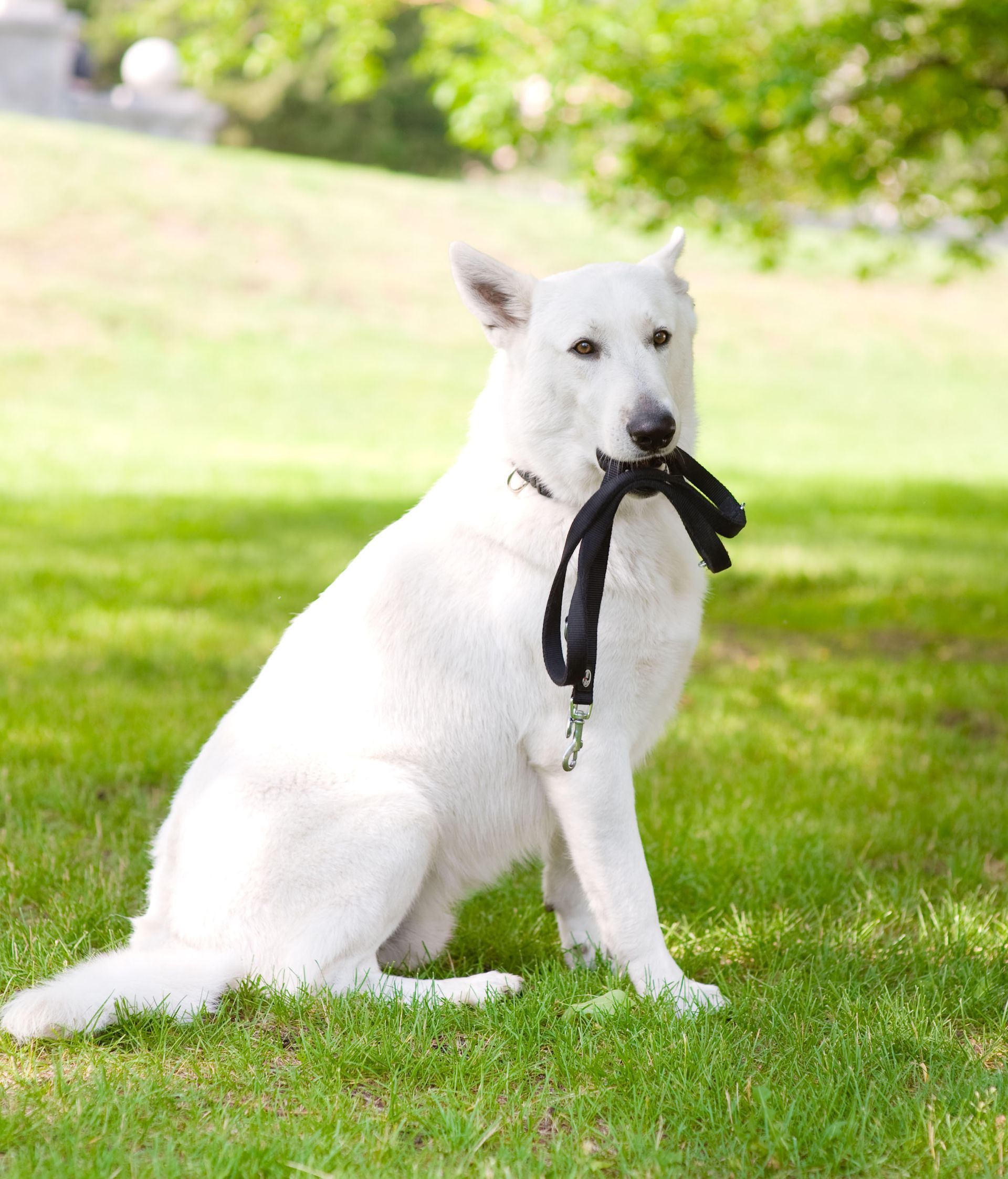
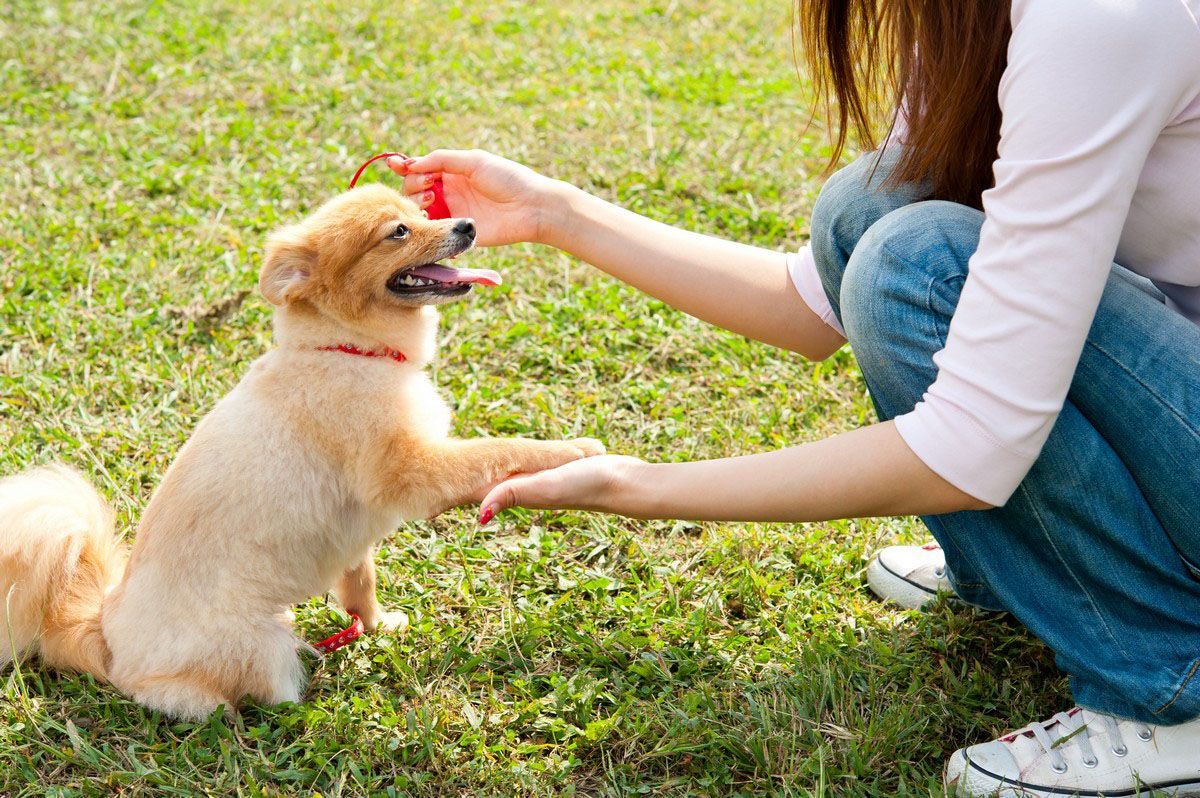
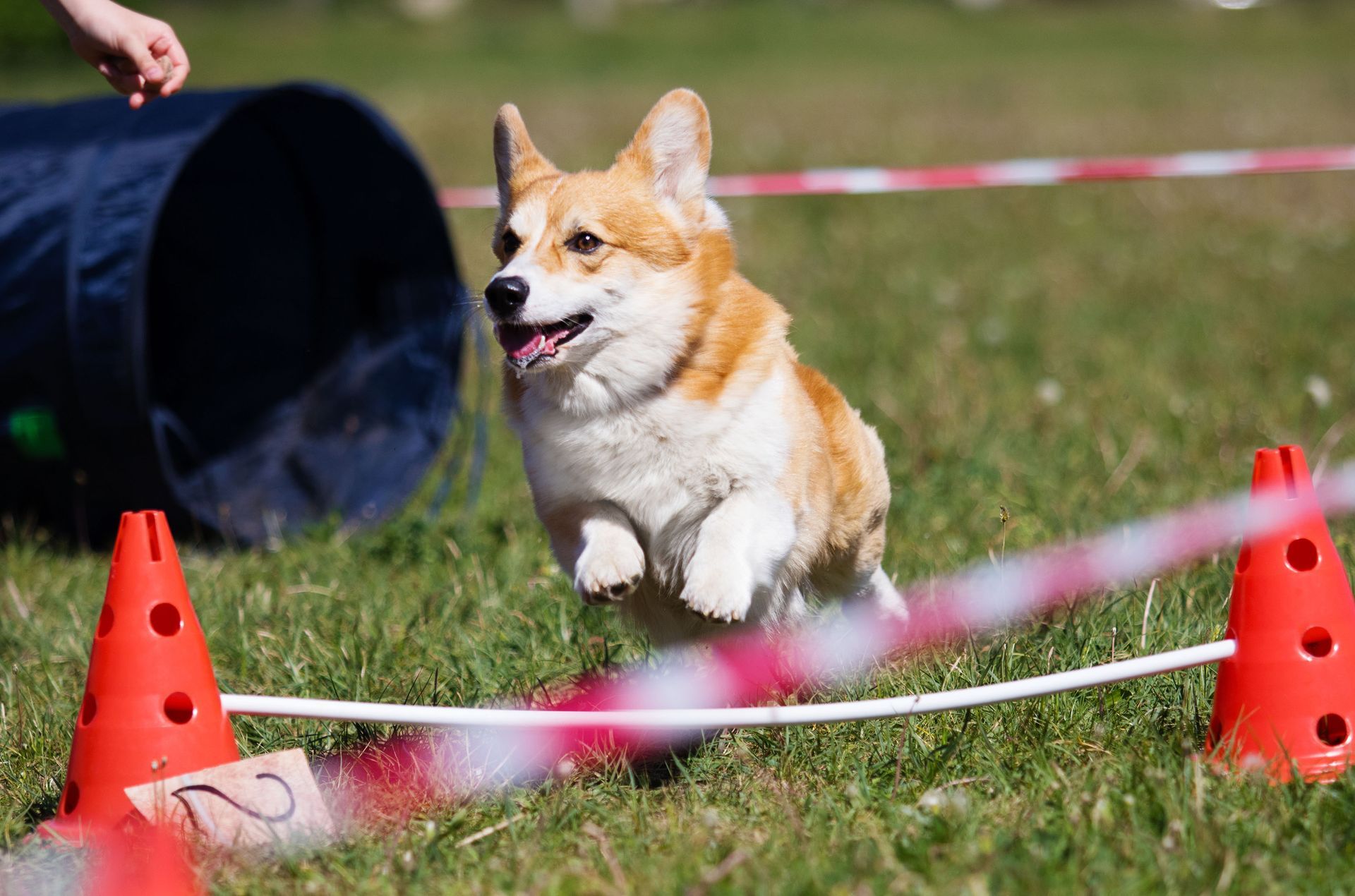
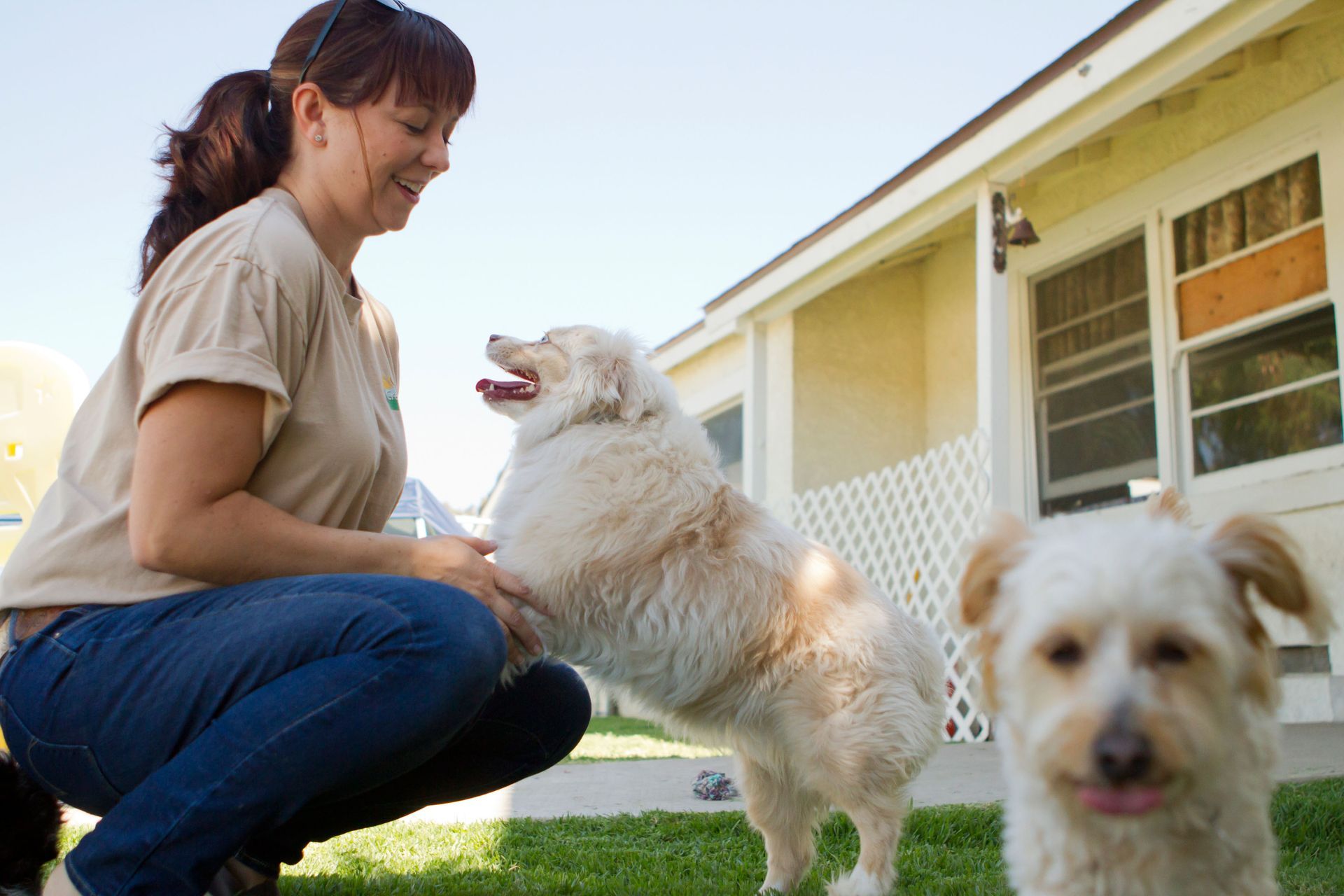

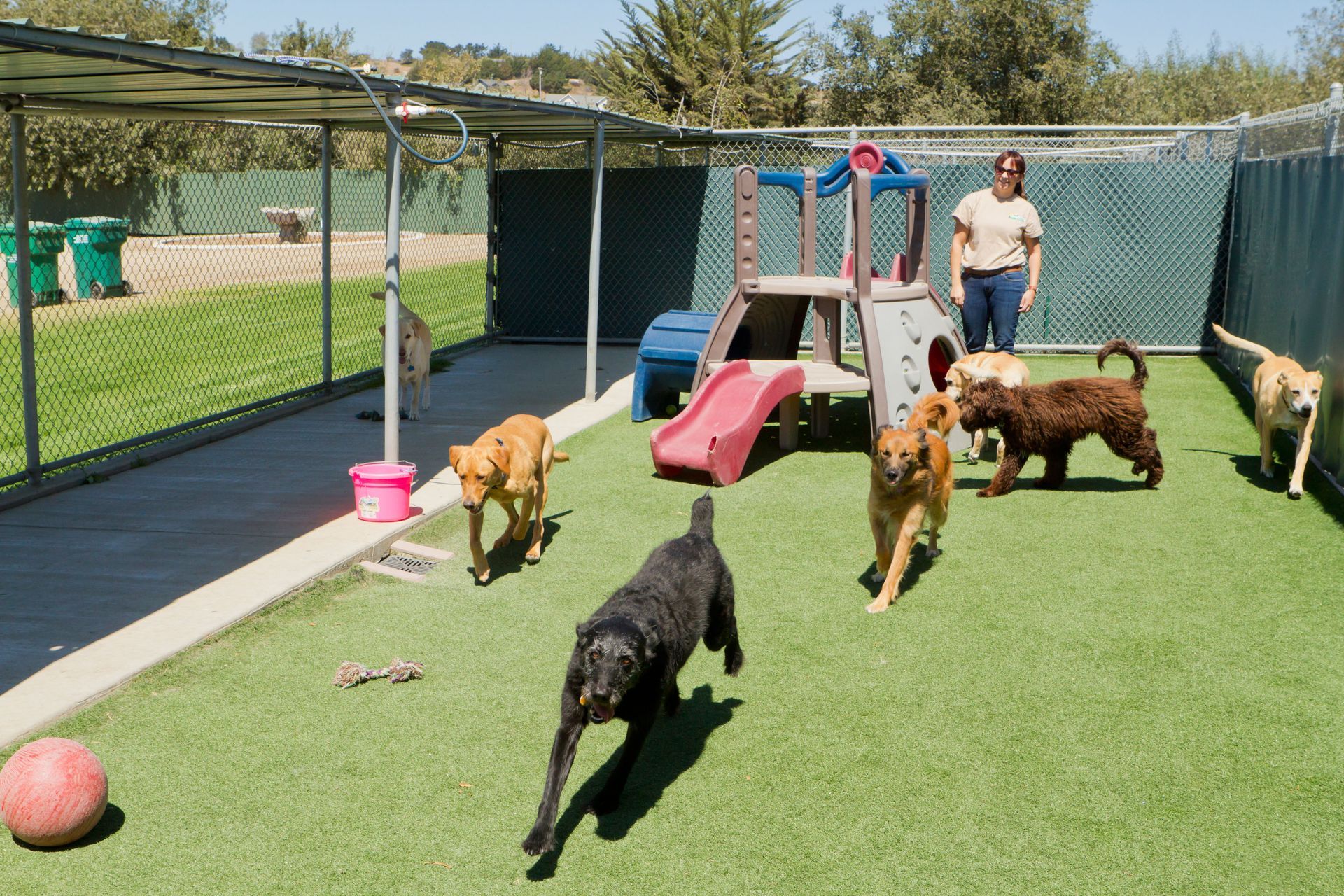
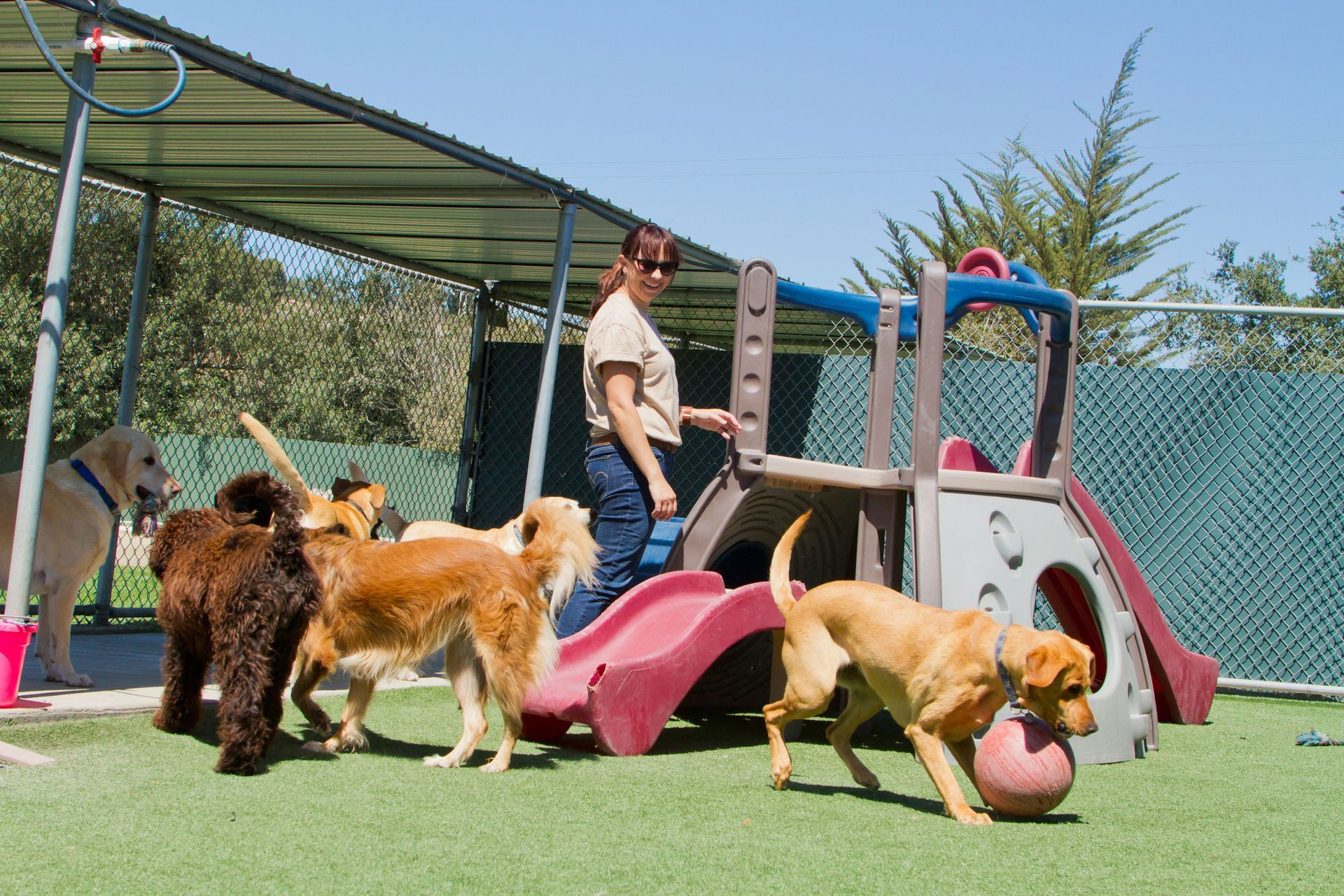





Share On: